In many ways, the modern board gaming boom began with Catan. It is a phenomenal game that, when it came out in 1995, revolutionized the way we saw board games. Indeed, even to this day, it holds a pretty impressive 7.2 on Board Game Geek. But board games have been around since Mesopotamia, so let’s talk about the top 10 old board games.
Need help on your board game?
Looking for more resources to help you on your board game design journey?
It’s no secret that modern day board gamers are in love with the “cult of the new.” With so many gorgeous, high-quality board games coming out, it’s no surprise that people would flock to them. Yet fantastic board games have existed for centuries, and many of them are still in the Board Game Geek Top 1000 games of all time.
Today, we’re going to cover the top 10 old board games. Every single one of these fantastic board games came out before 1995 when Catan was released. This is how Baby Boomers and Generation Xers got their board game fix!
10. Dune (1979)
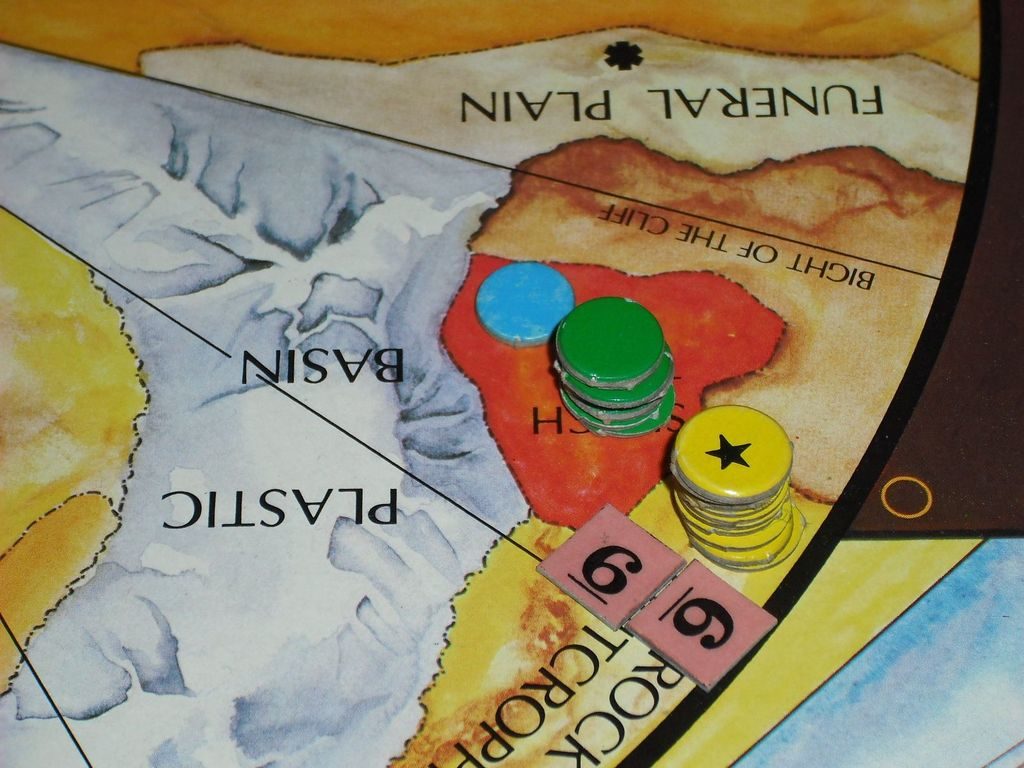
“He who controls the spice controls the universe.” In addition to being one of the science fiction novels of the twentieth century, Dune is also a darn good game, sporting a 7.6 on Board Game Geek after forty years. Like the book, characters in this game lead factions and try to take over the planet.
Dune is a rare example of an old board game with a strong theme. The original Frank Herbert novel lends itself perfectly to the area control board game genre. On top of that, there are lots of environmental problems that add complexity to the competitive elements in the game such as sandworms and storms.
Many gameplay elements of Dune are ahead of their time. The negotiating and bluffing elements came fifteen years before Catan popularized them in board games. Strong thematic connections to the gameplay foreshadowed the Kickstarter era. Dune also had complexity and heft that you could otherwise only find in wargames at the time.
9. Advanced Squad Leader (1985)
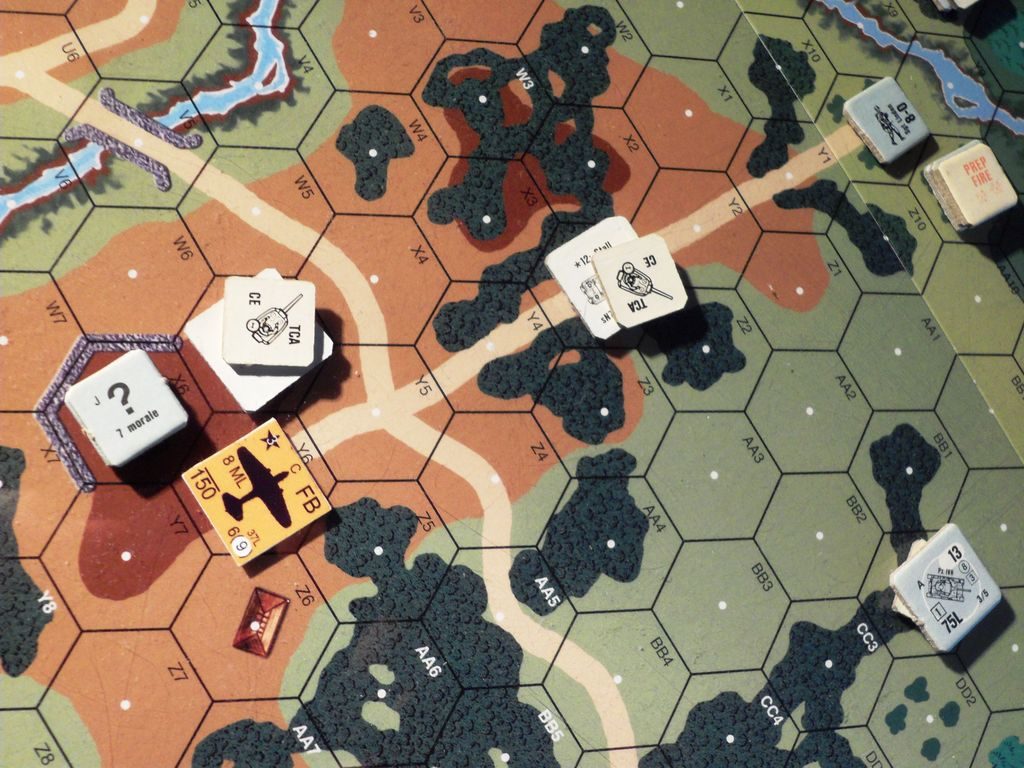
Speaking of wargames, Advanced Squad Leader is an excellent one. It holds a whopping 8.0 on Board Game Geek over thirty years after its release. What’s more, the play time is listed as two to eight hours and the “weight” rating is 4.71 out of 5. I can’t even readily think of a game with a higher weight rating than that.
Why is the weight rating and the long play time impressive? You might say, “isn’t a simpler game generally a better one?” I tend to agree with that, but only up to a point. Advanced Squad Leader found a niche and still continues to fill that niche better than most other games. That niche is one in which the best game is an absolute brain-burner.
I won’t get too far into explaining this game because, frankly, the rule book is a three-ring binder. That tells you all you need to know, though. How many modern games go to that much effort to give their audiences the ultimate challenge? Can you even think of a single game that approaches that level of commitment?
8. Die Macher (1986)
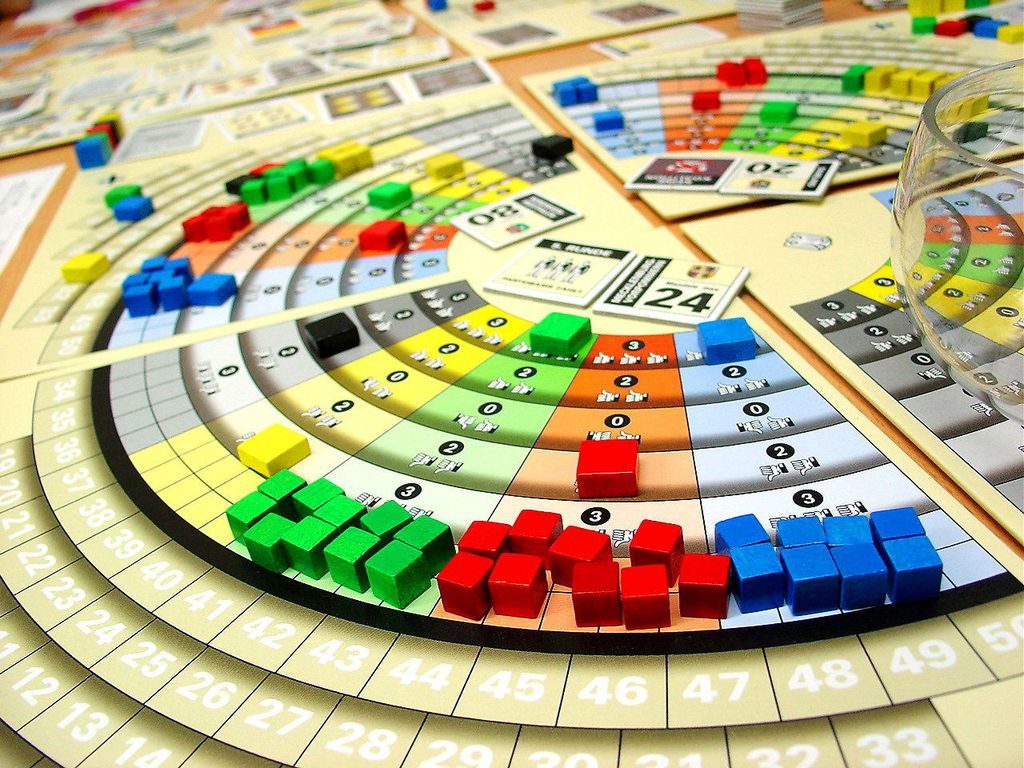
Die Macher is another incredibly heavyweight game from the 1980s. In it, you control a political party and you must manage your resources to win regional elections. The scoring is complex and can come from a variety of different sources, giving you multiple ways to win the game.
Set in Germany, Die Macher is old enough to come from a world in which Germany was two different countries. This game outlasted the Berlin Wall, though, and we’re still talking about it. Why? Well, frankly, it’s another brain burner. The most dedicated board gamers have been playing board games for a very, very long time. Nothing quite sated the intellectual appetites of gamers like big, gritty, complex games.
Die Macher is especially remarkable because it is not a wargame, like many of the heavyweight games of its era. It’s a political and economic game, foreshadowing a world in which Civilization would one day reign as king.
7. Acquire (1964)
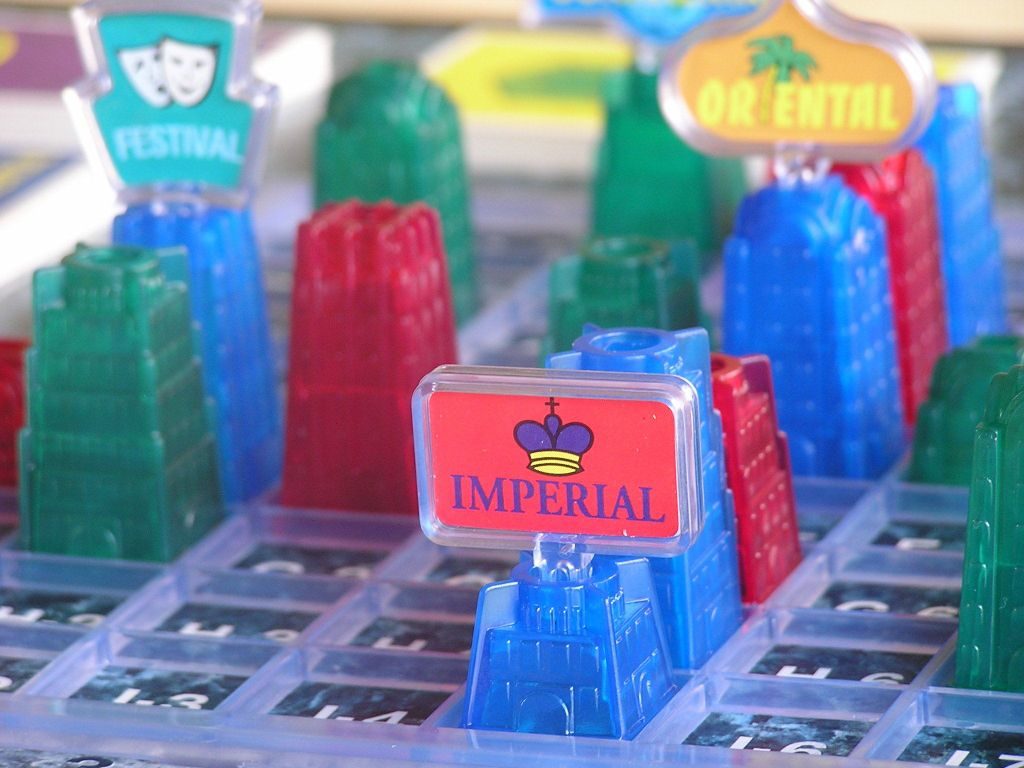
Way back during the Lyndon B Johnson administration, most board games looked like Scrabble and Monopoly. There were strategic tabletop games out there, for sure. Chess and playing cards have been around for centuries, after all. But relatively few thematic games had any real heft to them. That’s what makes Acquire uniquely remarkable.
Made in 1964, Acquire is an economic board game with mechanics that we recognize in modern games such as hand management and tile placement. You invest in businesses, grow and merge companies, and please your stockholders. Basically, the goal is to get really, really rich. Simple enough, even to the point of being a cliche now. But Acquire did it better than any other game out there.
6. Modern Art (1992)
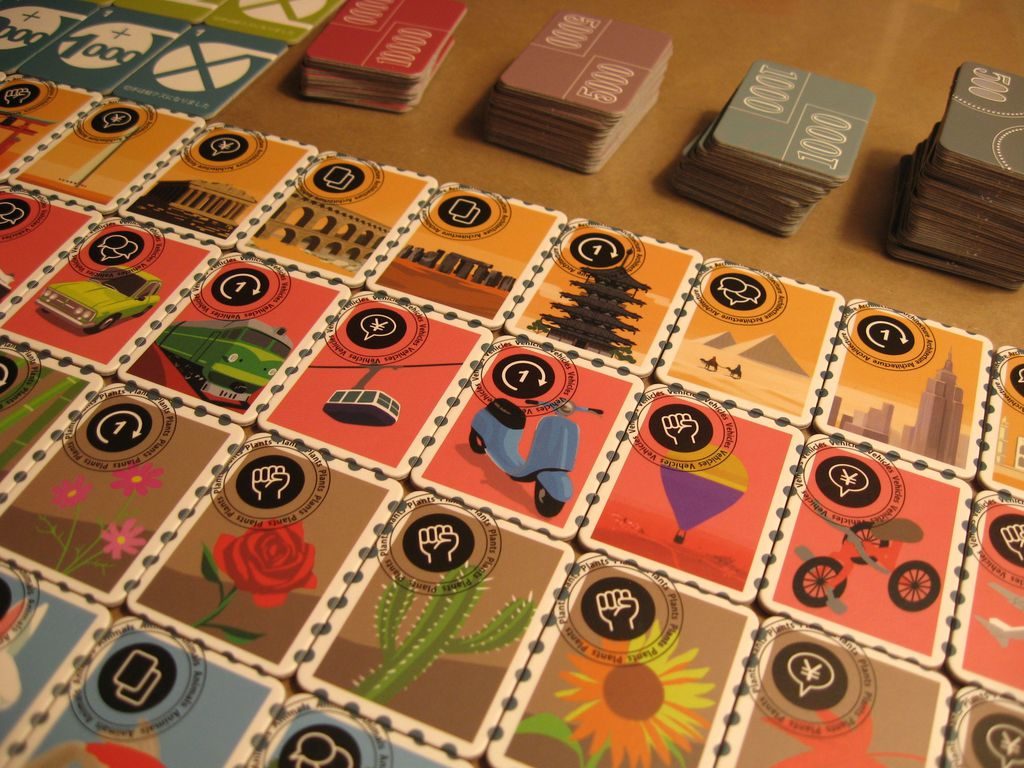
Reiner Knizia is an absurdly prolific board game designer who is still making board games today. You might recognize some of his other titles: Lost Cities and The Quest for El Dorado. He’s basically the David Bowie of board games. By extension of this metaphor, this game may not be his Ziggy Stardust (that would be Tigris & Euphrates), but it’s at least his Hunky Dory.
For those of you who didn’t get my dated rock and roll reference, that’s a compliment. The game’s pretty straightforward – buy and sell paintings. You want to make money by doing so. Prices aren’t rigidly set, though – they’re based on what other paintings are sold in a given round. That makes this game enduring and interesting – you’re not playing against the rules, you’re playing against other players’ behaviors.
5. 1830: Railways & Robber Barons (1986)
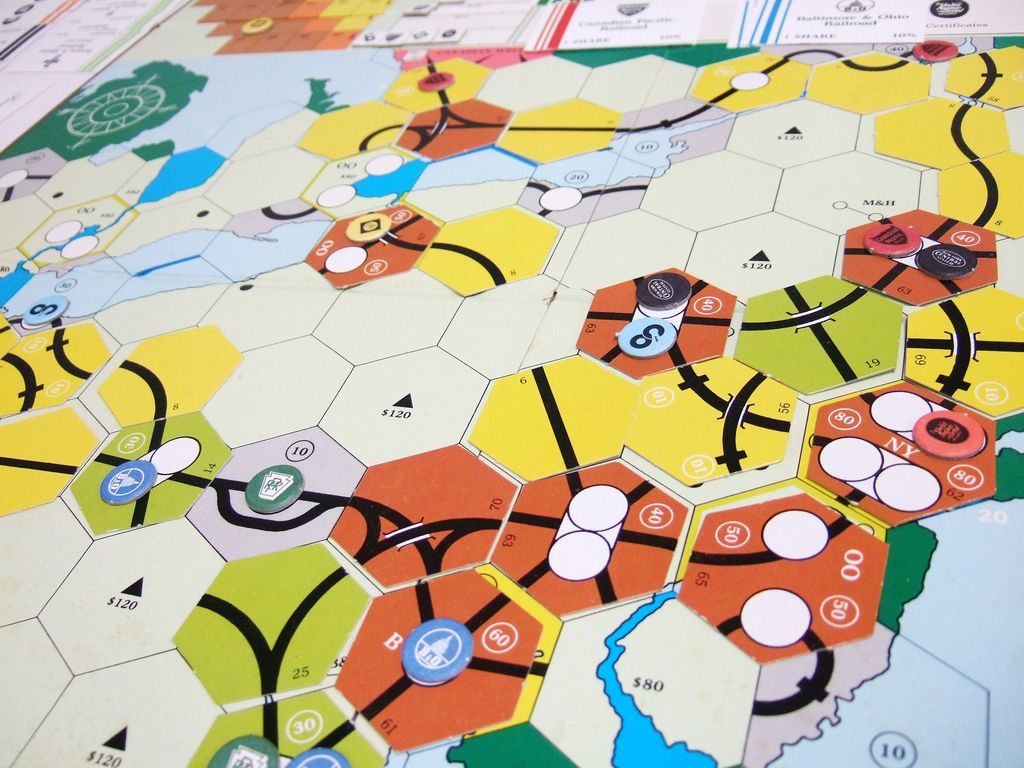
One of the oldest genres of board games is the “train game.” One of the most fondly remembered of what is now thought to be a played-out genre is 1830. Indeed, 1830 is one of the most popular 18xx games. Like Advanced Squad Leader and Die Macher, this a hefty and complex game spanning three to six hours.
What makes this game so good? Many players love the fact that there is zero chance – not a lick of luck to be found in this game. Normally, this is a minus in board game design, but for super-heavy games like this one, it’s often considered a very positive quality. On top of that, you’re not just connecting routes – there is a well-liked economic aspect of the game. You’re laying rails and playing stocks. Indeed, the point of the game is to wind up wealthy, which – cynically – is pretty well matched to the reality of robber barons.
4. Magic: The Gathering (1993)
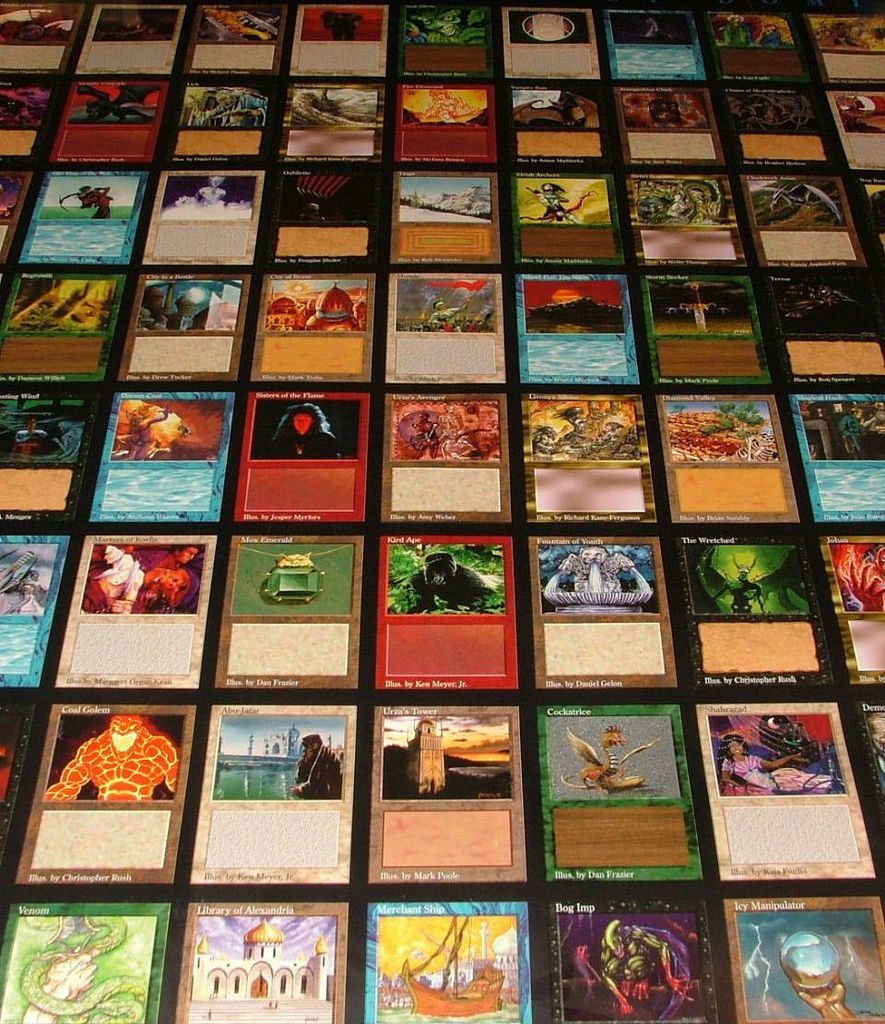
Goodness, how do you even succinctly describe a game like Magic: The Gathering? Let’s start by saying this: Magic invented the collectible card game genre. No Magic, no Pokemon, no Yu-Gi-Oh!, no Netrunner.
The concept of buying different cards and mixing and matching to make decks was completely new. It created an incredibly varied gameplay experience that had never before been seen. These days, there are almost 20,000 different cards.
Despite its incredible customizability, the core concept of the game is pretty simple. You play cards called lands to generate mana. That mana can, in turn, be used to play other cards. You use those other cards to attack your opponent until they’re dead. For a game so simply conceived, the sheer variety of cards allows for an extraordinary amount of nuance.
3. Tichu (1991)
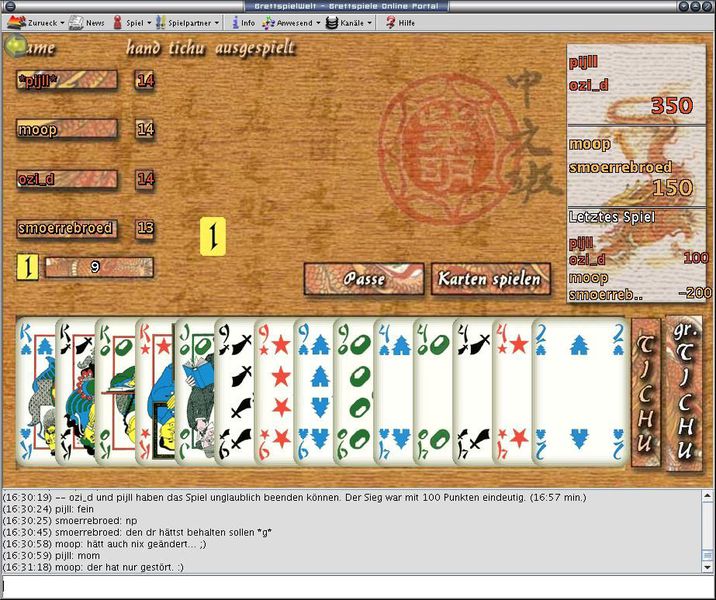
Have you ever noticed that Board Game Geek is not a big fan of traditional card games or games that resemble traditional card games? You won’t see Uno, Skip-Bo, or Poker ranking very high on the Board Game Geek rankings. Honestly, this is one aspect of the site that I take a big issue with. People have to narrow of a conception of what a game is and what a game should be!
Then you have Tichu, which is currently sitting at 133 of the greatest board games of all time. Tichu is essentially an old Asian 52 card game with four extra cards added: dog, phoenix, dragon, and Mah Jong. It’s so straightforward that Board Game Geek essentially has the rules in their description of the game.
Board Game Geek’s Description of Tichu
When it’s your turn, you may either beat the current top card combination — single card, pair of cards, sequence of pairs, full house, etc. — or pass. If play passes all the way back to the player who laid the top cards, they win the trick, clears the cards, and can lead the next one. The card led determines the only combination of cards that can be played on that trick, so if a single card is led, then only single cards are played; if a straight of seven cards is led, then only straights of seven cards can be played, etc.
The last player out in a round gives all the cards they won to the player who exited first, and the last player’s unplayed cards are handed to the opposite team. Fives, tens and Kings are worth 5, 10 and 10 points, with each hand worth one hundred points without bonuses — but the bonuses are what drive the game. At the start of a round, each player can call “Tichu” prior to playing any card. This indicates that the player thinks they can empty their hand first this round; if they do so, their team scores 100 points, and if not, their team instead loses 100 points. Cards are dealt at the start of a round in a group of eight and a group of six; a player can call “Grand Tichu” after looking at only their first eight cards for a ±200 point bonus. If both players on a team exit a round prior to either player on the opposite team, then no points are scored for cards and the winning team earns 200 points (with Tichu/Grand Tichu bonuses and penalties being applied as normal).
The first team to 1,000 points wins.
2. Crokinole (1876)
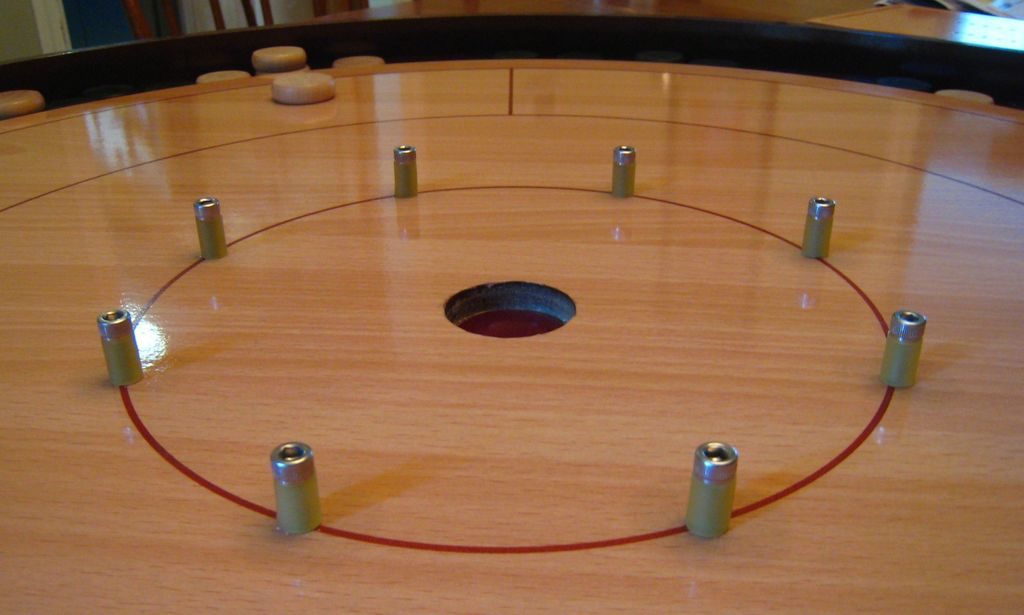
Crokinole is by far the oldest game on this list. It’s also a game that most people manufacture on their own. That makes it a very odd duck among old board games, let alone Board Game Geek’s Top 100 list, where it currently resides at #79.
Basically, make a circular shuffleboard. Put eight pegs near the middle. You and other players flick disks at the board, trying to score by staying in the center.
That’s it. It seems like a brainless game and it stands in stark contrast to Advanced Squad Leader, Die Macher, and 1830. Yet it has enough strategic bite that even the hardened board game veterans of Board Game Geek love it. Indeed, it’s the perfect mix of dexterity and braininess that satisfies a hardcore gamer’s intellect while being simple enough to get others in on the fun.
1. Sherlock Holmes Consulting Detective: The Thames Murders & Other Cases (1981)
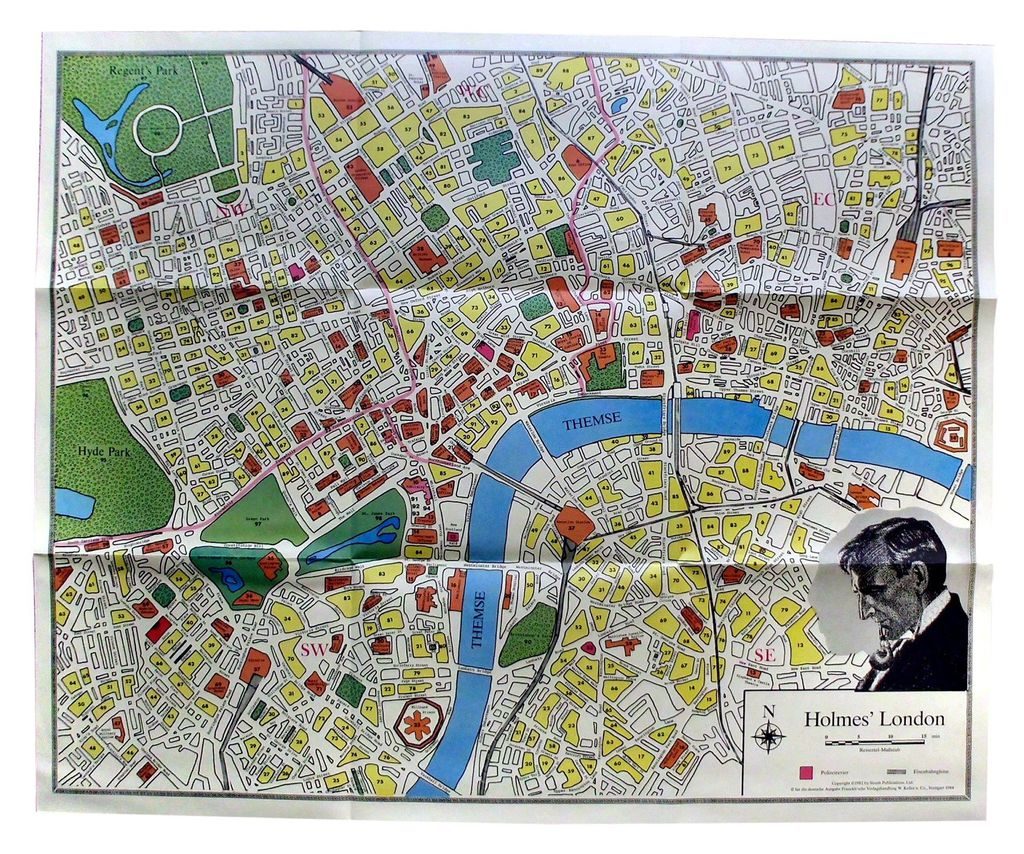
Thousands of board games existed before the year 1995. Who better to reign atop them all than the greatest fictional detective of all time?
The concept is straightforward. You play as Sherlock Holmes and you have to solve a mystery. You travel up and down the streets of Victiorian London, interviewing suspects, looking for clues, and slowly piece together what happened.
In Sherlock Holmes’ world, there is no luck and there are no dice. The game is afoot and the only way you and your teammates will figure out what happened is by using your powers of deduction.
To say this game is ahead of its time is a massive understatement. It’s a cooperative game coming from a time when most games were competitive. It was heavily researched at a time when most board game themes were phoned in. There is even a way to play the game all alone, well before solo board games were the trendy topic they were today.
When you piece everything together like this, the preternatural success of this game is, well, elementary.
Final Thoughts
We all love the latest and greatest board games. But don’t forget about the top 10 old board games! There are some extraordinary games that predate the modern board game era, and we do ourselves a great disservice by not playing them.
Go to your nearest thrift shop and see if you can pick one of these up. You never know what you might find 😉

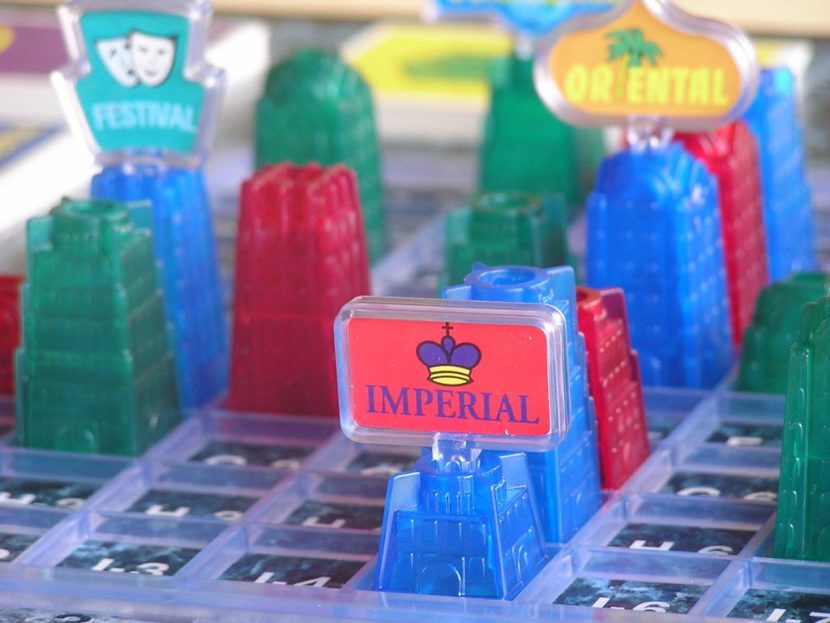
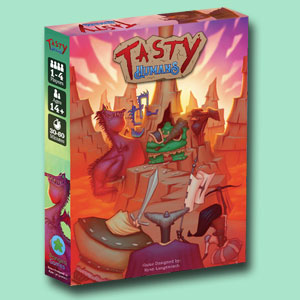



4 thoughts on “The Top 10 Old Board Games (Before Catan)”
While not technically “board” games because they were cheap paper and cardboard, the Steve Jackson games of old hold a special place in my heart. Many an hour playing CarWars comes to mind.
Hi Stephen! Absolutely, his old games are definitely special. Maybe they don’t have a board, but I still think they fit with the spirit of this list 🙂
While not technically a board game, about as much as Magic: The Gathering, I think Dungeons & Dragons is worth mentioning. It opened up countless micro universes where players escaped the norms of this one to become heroes, villains, or legends in the minds of everyone who visited those worlds.
Fantasy Forest is my favorite old game!